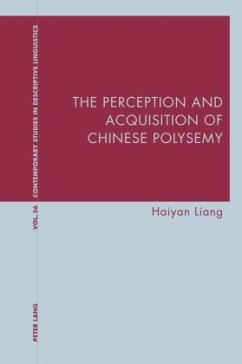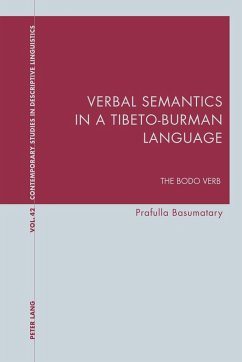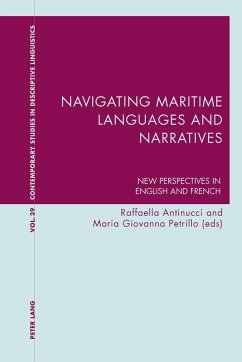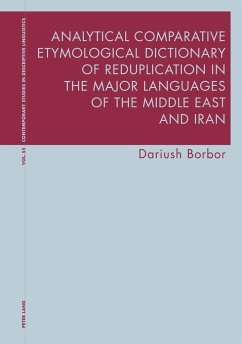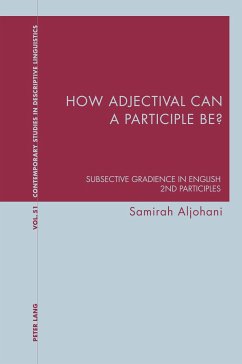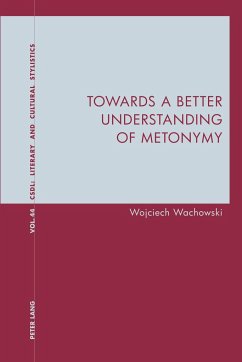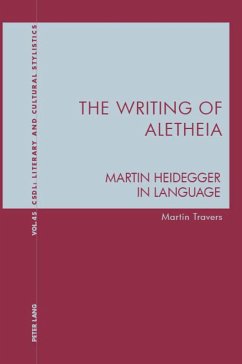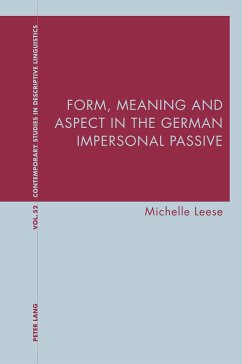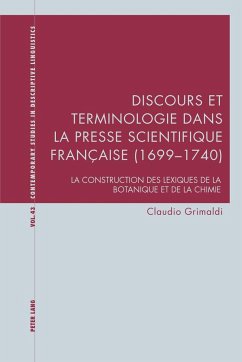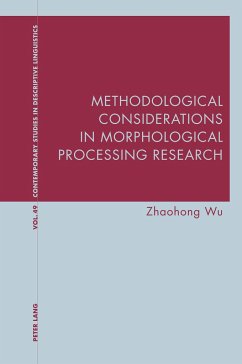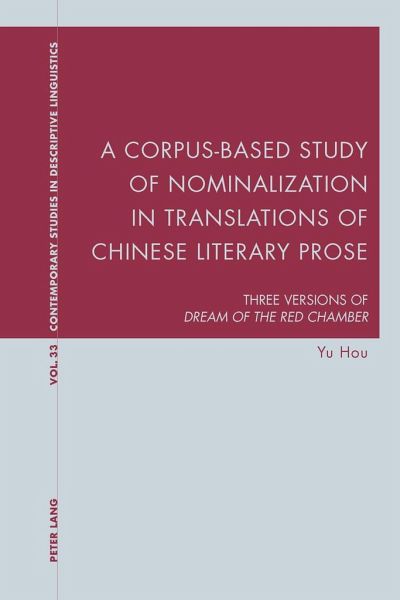
A Corpus-Based Study of Nominalization in Translations of Chinese Literary Prose
Three Versions of "Dream of the Red Chamber
Versandkostenfrei!
Versandfertig in 6-10 Tagen
76,00 €
inkl. MwSt.

PAYBACK Punkte
0 °P sammeln!
This corpus-based study investigates the use of nominalization in English translations of Chinese literary prose through the analysis of three English versions of the Chinese novel Hong Lou Meng (Dream of the Red Chamber). Previous studies have explored the relevance of the cultural and linguistic positioning of different translators, but thus far no corpus-based study of nominalization has been undertaken in relation to translator style. This book uses quantitative and qualitative analyses of the nominalized transform of finite verbal forms in three Chinese-to-English translations to distingu...
This corpus-based study investigates the use of nominalization in English translations of Chinese literary prose through the analysis of three English versions of the Chinese novel Hong Lou Meng (Dream of the Red Chamber).
Previous studies have explored the relevance of the cultural and linguistic positioning of different translators, but thus far no corpus-based study of nominalization has been undertaken in relation to translator style. This book uses quantitative and qualitative analyses of the nominalized transform of finite verbal forms in three Chinese-to-English translations to distinguish between translator styles, concluding that nominalization is a key identifier in translations.
This book provides a comprehensive picture of the use of nominalization in English translations of Chinese literary prose and, more generally, encourages further study into nominalization in translation.
Previous studies have explored the relevance of the cultural and linguistic positioning of different translators, but thus far no corpus-based study of nominalization has been undertaken in relation to translator style. This book uses quantitative and qualitative analyses of the nominalized transform of finite verbal forms in three Chinese-to-English translations to distinguish between translator styles, concluding that nominalization is a key identifier in translations.
This book provides a comprehensive picture of the use of nominalization in English translations of Chinese literary prose and, more generally, encourages further study into nominalization in translation.





